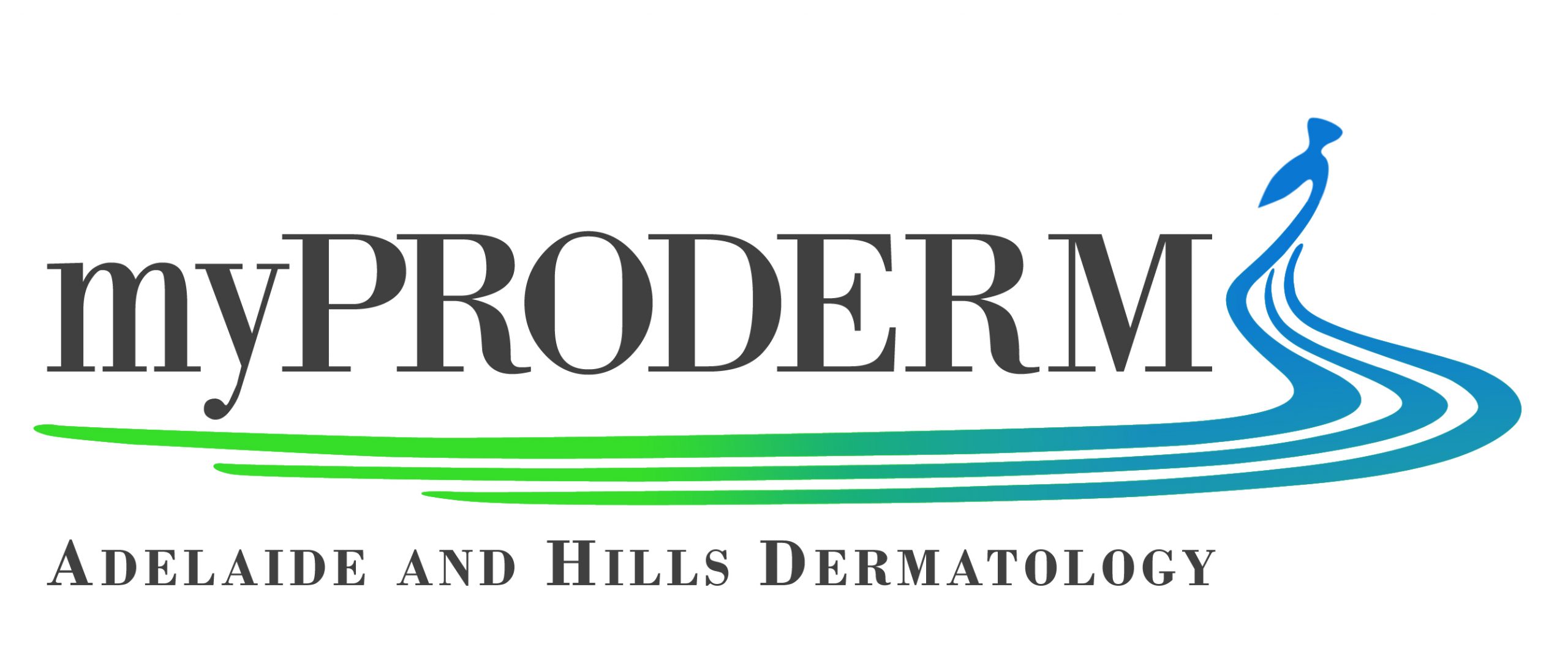Skin Cancer Check
What is a skin cancer check?
- A skin cancer check is a 15- to 20-minute procedure that involves carefully examining your skin for melanoma, BCCs, SCCs and other skin cancers.
- After undressing to your underwear, you will be examined in a sitting, standing or lying position using a special dermoscope to magnify your skin allowing cancer features to be seen close up that would not normally be visible to the human eye.
- The consultation will also include a comprehensive patient history that looks at family history of skin cancer, medications, allergies and pre-existing health conditions.
- You will be advised if you have any moles or spots which require testing and may take a biopsy of a mole, or completely remove a spot of concern under a local anaesthetic.
How should I prepare for my skin cancer check?
Remove nail polish from fingernails and toenails
Do not wear makeup or foundation
Remove all jewellery
Ensure hair is freshly washed so that a complete scalp check can be performed.
Make sure you tell us about any spots, moles or lesions on your skin that you are concerned about
In between appointments, you can monitor your skin at home:
- Remember to check places such as behind the ears, under the breasts, the soles of the feet and the genitals.
- The scalp is also important to monitor. Ask your partner or a loved one to put your hair dryer on cool and blow cool air on the scalp to separate hair and get a better view of scaly spots or moles).
What happens if cancer is found?
- A biopsy (skin sample) may be required to confirm that a skin cancer is present.
- In the majority of cases, early skin cancer is successfully treated with light therapy, creams or surgery. A treatment will be offered depending on the location, size and type of skin cancer detected.
- A record of any of your suspicious moles will be made, so that they can be assessed for changes at subsequent consultations.
- For corporate skin cancer checks, all results remain confidential.
Who is most at risk of skin cancer?
Australia and New Zealand have the highest rates of skin cancer. It is important that we all have regular skin checks.
You may have a higher chance of developing skin cancer if:
- You have a first-degree relative who has had melanoma, or a personal history of melanoma or other cancers
- You have a large number of moles on your body
- You work outdoors
- You are an organ transplant recipient
- You are fair-skinned (any skin colour is at risk however blonde or red hair and light coloured eyes have generally less levels of the protective pigment melanin)
- You have a history of more than one blistering sunburns as a child or teenager.
- You have a history of tanning bed use
